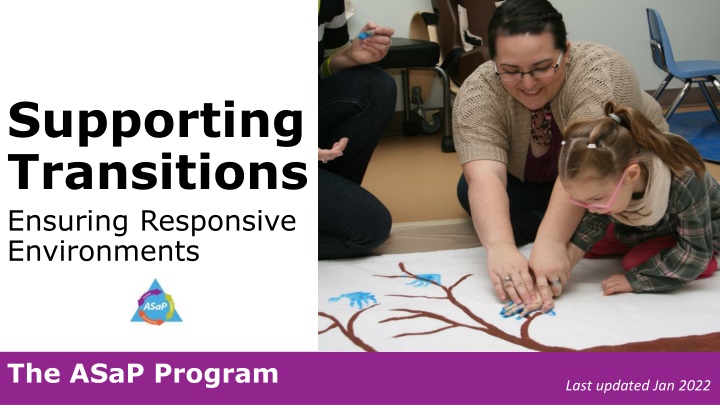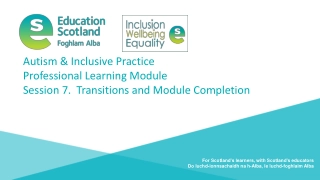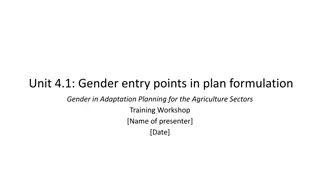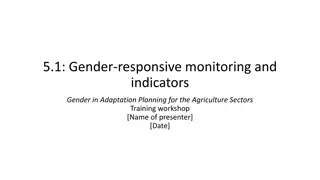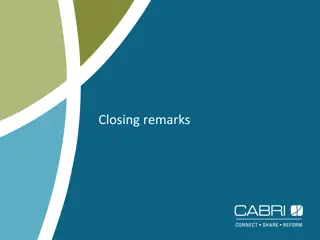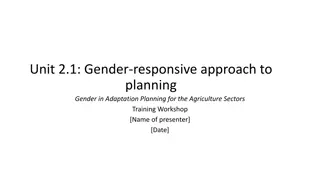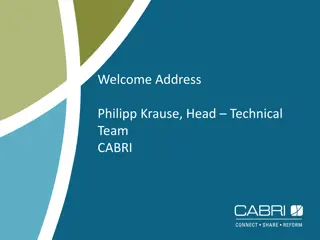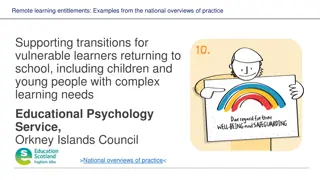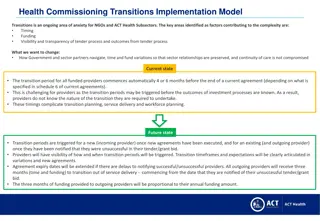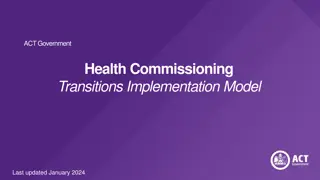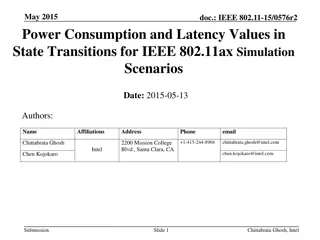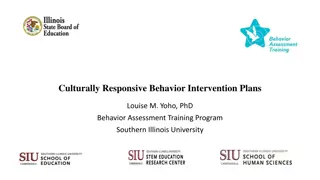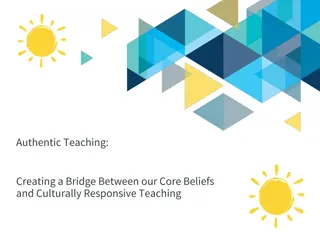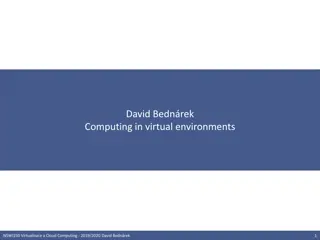Supporting Transitions and Responsive Environments for Effective Planning
Delve into the key aspects of supporting transitions and ensuring responsive environments in educational settings. Explore strategies, define transitions, implement plans, and value visuals to create a balanced, flexible, and predictable routine. Reflect on activities and relationships to foster a supportive learning environment.
Download Presentation

Please find below an Image/Link to download the presentation.
The content on the website is provided AS IS for your information and personal use only. It may not be sold, licensed, or shared on other websites without obtaining consent from the author.If you encounter any issues during the download, it is possible that the publisher has removed the file from their server.
You are allowed to download the files provided on this website for personal or commercial use, subject to the condition that they are used lawfully. All files are the property of their respective owners.
The content on the website is provided AS IS for your information and personal use only. It may not be sold, licensed, or shared on other websites without obtaining consent from the author.
E N D
Presentation Transcript
Supporting Transitions Ensuring Responsive Environments Module 1 The ASaP Program Last updated Jan 2022
In this session Define transitions Implement strategies Make a plan!
Define Transitions 3
Transitions Transitions can be defined as the movement between one activity, relationship, or place and another new or familiar activity, relationship, or place. Makovichuk, et al., 2014, p. 72
Activity: All My Transitions Activity Relationship Place 5
Implement Strategies 6
Schedules and Routines Balanced Predictable Flexible 7
FIRST THEN 10
Activity Start Stop Keep
